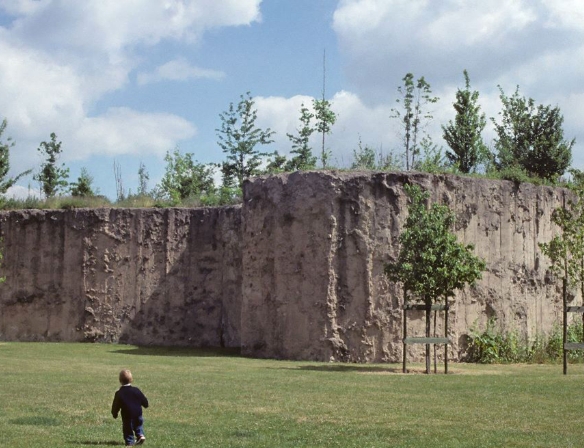The field of landscape architecture has been revolutionized by the innovative designs of Gilles Clement. His unique approach to designing outdoor spaces has gained him international recognition.
Embracing Wildness
Clement’s designs often incorporate the idea of “wildness,” allowing nature to take its course and shape the landscape over time. He believes in creating spaces that are not overly manicured, but rather allow for a sense of spontaneity and natural growth.
Dynamic Interactions
One of Clement’s key principles is the concept of dynamic interactions within a landscape. He designs spaces that allow for interactions between humans, plants, animals, and the environment, creating a harmonious and ever-evolving ecosystem.
Adaptive Design
Clement’s designs are adaptive and responsive to the changing needs of a space. He incorporates elements that can be easily modified or removed to accommodate future growth or changes in usage.
Celebrating Biodiversity
Biodiversity is a central theme in Clement’s designs. He prioritizes the use of native plants and materials, creating spaces that support a diverse range of flora and fauna.
Blurring Boundaries
Clement’s designs often blur the boundaries between man-made structures and natural elements. He incorporates features such as meandering paths, water features, and planting beds to create a seamless transition between indoor and outdoor spaces.
Conclusion
Gilles Clement’s innovative designs in landscape architecture have challenged traditional notions of outdoor design and inspired a new generation of architects to think outside the box. His emphasis on wildness, dynamic interactions, adaptive design, biodiversity, and blurred boundaries has brought a fresh perspective to the field, creating spaces that are not only beautiful but also sustainable and functional.

